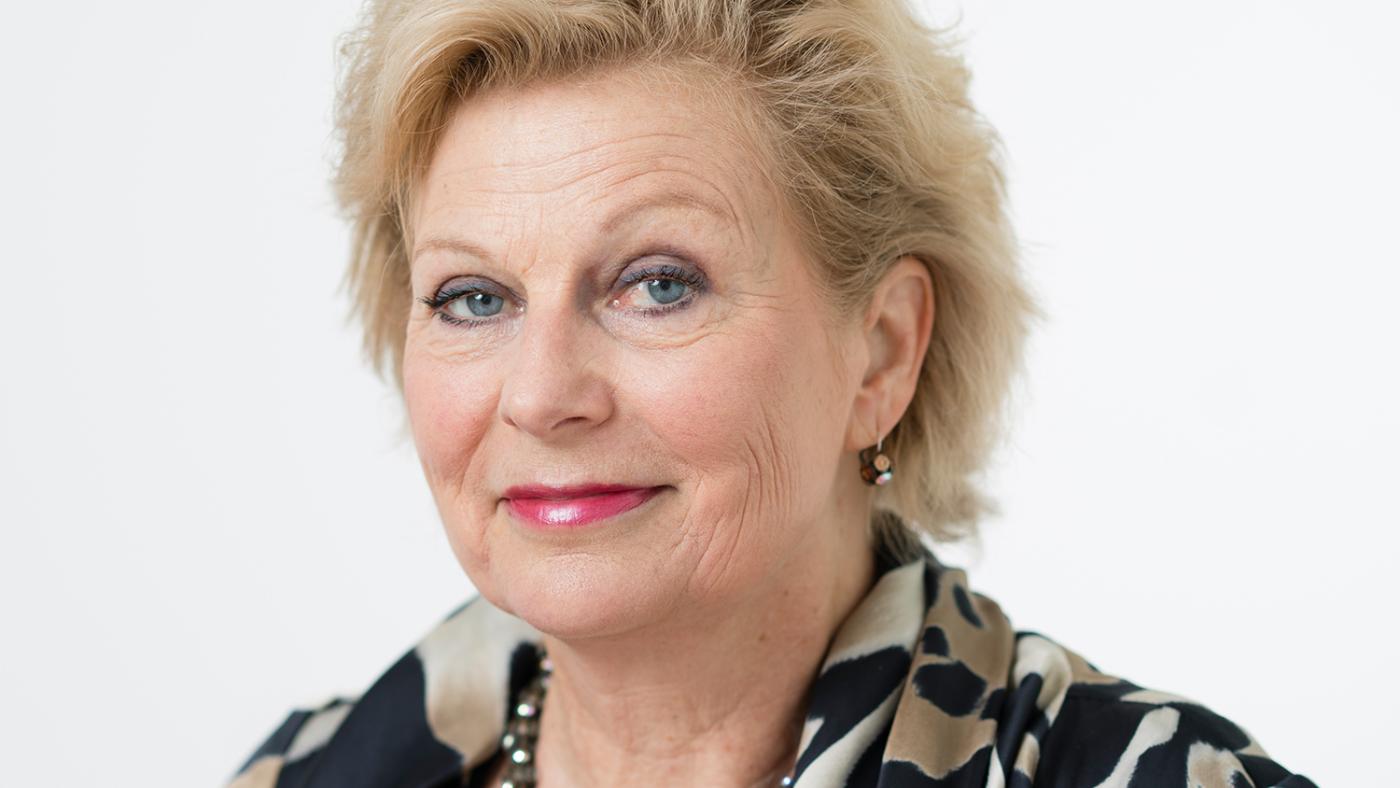KNAW says:
'Scientists need to be ready for the next pandemic'

Last week, the KNAW released an advisory report titled ‘With the Knowledge of the Future’. In the report, the KNAW attempts to outline how scientists could respond more effectively in the event of another health crisis.
It is by no means the first report to draw lessons from the coronavirus pandemic, and some of the recommendations will sound familiar. For instance, the KNAW argues for more interdisciplinarity: when faced with a crisis, relying on one type of expertise is never enough.
The authors also warn against disinformation and conspiracy theories. Next time, the government and researchers should try even harder to inform hard-to-reach populations, “such as young people, non-Dutch-speaking minorities, the elderly and people with low reading comprehension.”
Other recommendations relate to topics like open science (the sharing of data and research results) and international cooperation (as viruses don’t respect borders). Below is our interview with Pearl Dykstra, chair of the advisory committee and professor of empirical sociology at Erasmus University.
You have a number of recommendations for the government, but meanwhile, the world is facing other crises. Aren’t you worried politicians might ignore this report?
“No, I don’t think that’s going to happen. But some of the recommendations don’t require government intervention at all. The Minister of Education can encourage open science, but it’s ultimately up to the scientists themselves to be open about their research question and to publish their articles on open access platforms as much as possible.”
So what do you actually need the minister for?
“He could improve our data-sharing policies, which leave a lot to be desired, and not only in the Netherlands. There are all sorts of reasons why organisations and researchers do not make their data available. In some cases, they’re too busy, or they believe doing so would violate privacy regulations.”
But those privacy regulations are there for a reason, right?
“Privacy is, of course, very important. But people often don’t know enough about it. You need to be able to securely link data across different systems. I understand that people wish to protect their data, but what you can do is think about the conditions under which data is available to be replicated and linked to other data. You need to do this before there is another pandemic, and the Ministries of Education and Health can play a role in that.”
Can you give an example?
“Due to the decentralisation of healthcare, we now have 25 Public Health Services (GGDs) in the Netherlands, which are all in charge of their own data and which all use their own systems – which aren’t aligned with each other at all. So how do you then share the data you collect? That requires solid policies. We need better infrastructures for data collection.”
What are the consequences if this does not happen?
“During the pandemic, we saw a lot of poor-quality research.”
Does better data automatically lead to better research?
“It takes more than that, of course. It’s important to reward collaboration between researchers. The minister can facilitate that, but so can the Dutch Research Council (NWO) and scientific journals. NWO should award more funding based on specific programmes instead of distributing money competitively in all areas.”
A recent advisory report on the climate crisis also argued that researchers shouldn’t always have to compete for research funding.
“This situation is indeed very similar. Competition is a standard part of the process at NWO, as it is thought to bring out the best in researchers. And I do respect that, but in times of crisis, you sometimes have to focus on the greater good. So it might be better to allocate funding to one good collaboration instead of ten small studies.”
Did scientists really perform that poorly during the pandemic? A lot of people seemed quite happy: ‘Look at what science can do!’
“I won’t deny that. But the quality of publications could have been better, and there should have been more room for knowledge synthesis. What you need is a place with some funding, where you can get a group of experts together fairly quickly to properly map out what we know about ventilation or face masks, for example. We didn’t have that during the pandemic. They did in the UK, and the Netherlands wanted to do something similar, but there was no funding available and then it just petered out.”
If a university in the UK is already doing it, isn't it a bit redundant if Dutch institutions start doing the same thing?
“Or course we shouldn’t reinvent the wheel every time – I fully subscribe to that. But you also have to take into account situations that are specific to the Netherlands. Consider how densely populated this country is, the specific migrant groups we have here and how people live. These things are different in every country.”
Wouldn’t it be easy for Robbert Dijkgraaf to simply say: 'we already encourage collaboration and open science is also important to us, so our policy is already in line with the recommendations'?
“No, I don’t think so. If we want to be ready for the next pandemic, we really need to fundamentally change our approach to certain things. Just look at the examples of Public Health Service data and the NWO funding. He can’t just brush aside this report.”